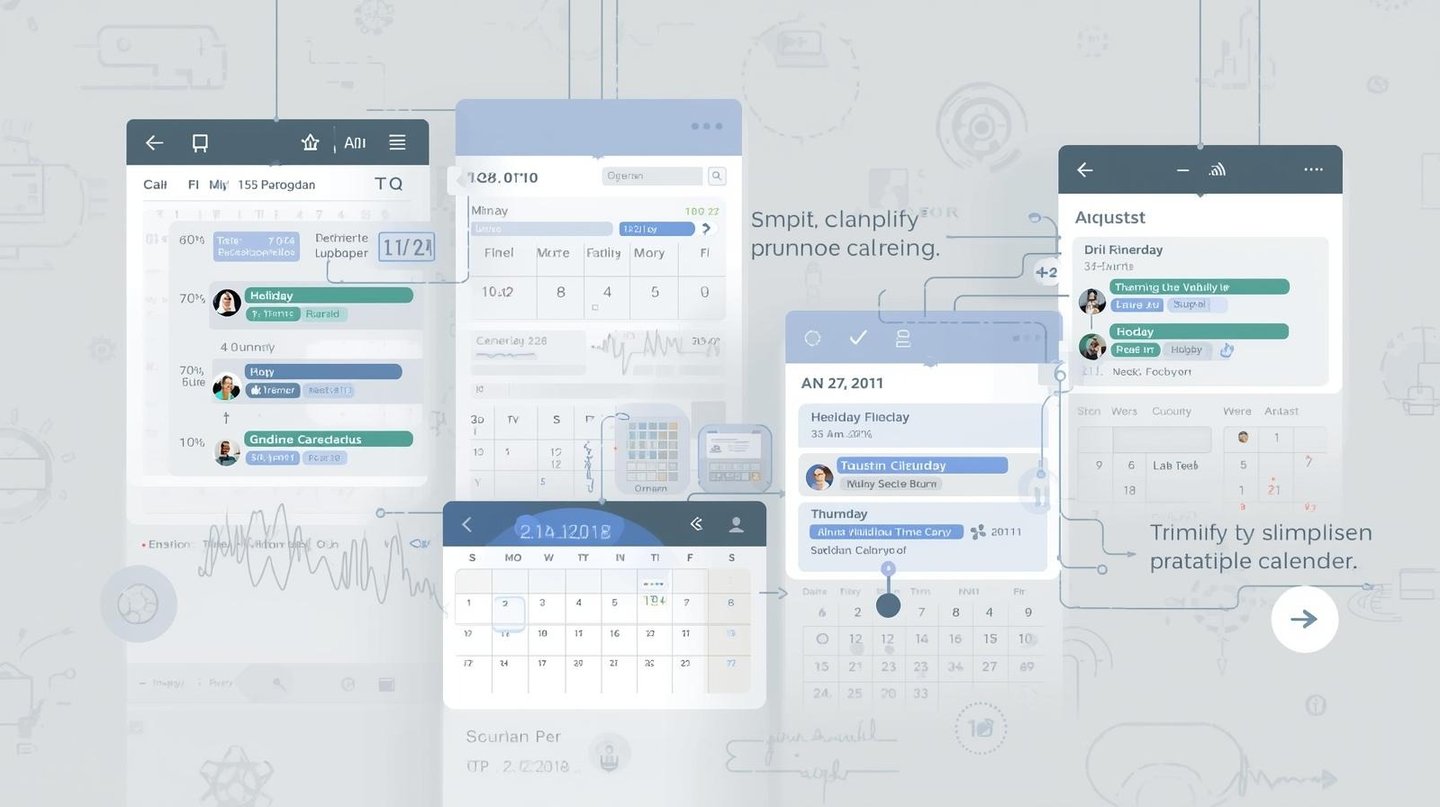How to Simplify Scheduling with Multiple Calendar Invites
Meetings, webinars, and training sessions form the backbone of organizational communication. But sending details manually through emails or messages is no longer practical. Instead, professionals are turning to calendar invites to ensure accuracy and convenience.
BLOG
9/9/20251 min read


Meetings, webinars, and training sessions form the backbone of organizational communication. But sending details manually through emails or messages is no longer practical. Instead, professionals are turning to calendar invites to ensure accuracy and convenience.
From small project updates to large corporate webinars, sending mass calendar invites in Google has become the go-to strategy for event coordination. This blog breaks down how to manage bulk and multiple calendar invites effectively.
Why Calendar Invites Work Best
Accuracy: Everyone receives the same, up-to-date information.
Automation: Reminders reduce the chances of missed meetings.
Scalability: Works for small groups or thousands of attendees.
Because of these benefits, professionals prefer bulk calendar invites in Google for larger gatherings.
Bulk vs. Multiple Invites
There’s a big difference between sending one large invite and creating multiple calendar invites:
Bulk calendar invites in Google are ideal when all participants need the same details.
Multiple calendar invites in Gmail work better when you have segmented groups with different needs, such as panelists, attendees, or volunteers.
Using the right method avoids confusion and keeps communication streamlined.
Best Practices for Mass Invites
Start Early: Share invites in advance so participants can plan.
Add Clear Agendas: Participants are more engaged when they know what to expect.
Check Technical Details: Include correct links, files, and passwords.
Use Time Zones Carefully: A common pitfall for global meetings.
Mistakes to Watch Out For
Creating too many overlapping events.
Using vague subject lines that attendees ignore.
Forgetting to update when changes occur.
Even the most well-organized calendar invites can cause frustration if details are overlooked.
Conclusion
Whether it’s a mass calendar invite in Gmail for everyone or separate sessions managed with multiple calendar invites, the goal is the same: to simplify scheduling. Efficient invites help attendees stay prepared, minimize miscommunication, and ultimately improve the quality of meetings and events.
By adopting these practices, organizers can make sure every event whether large or small runs with professionalism and clarity.
MassCalendar.in
Send Bulk & Mass Calendar Invites Instantly
CONTACT
Meetings
+44 (0) 203 916 5117
© 2025. All rights reserved.
Help?
